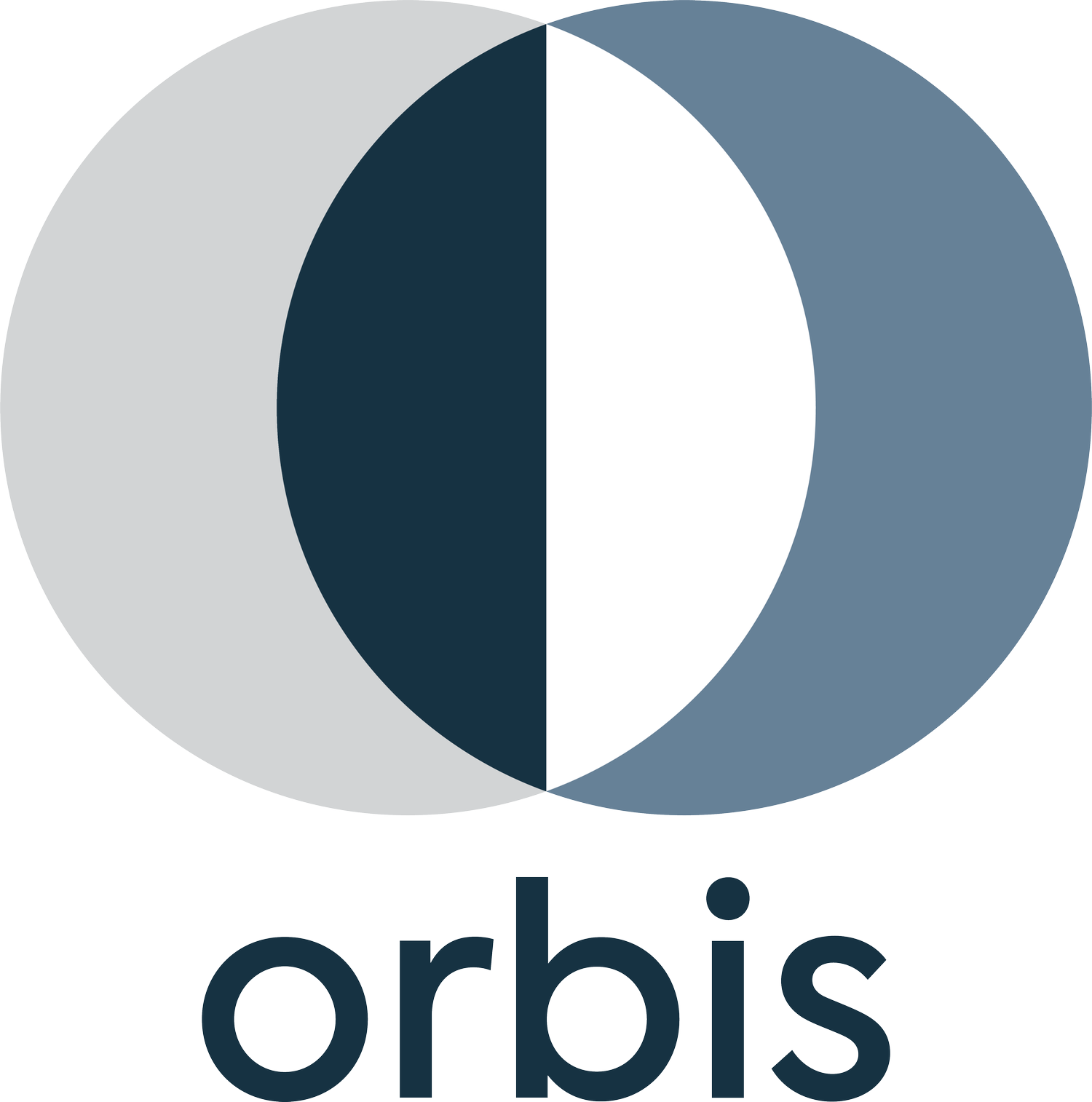
Every day we help our clients progress their environmental performance; it is therefore important for us to showcase our own journey
Our Net-Zero Journey
As a sustainability consultancy seeking to lead by example, we embarked on our own journey to become a net-zero company. In August 2023, our near- and long-term science-based emissions reductions targets were verified by the Science Based Targets initiative (SBTi) – the leading global body for setting emissions reduction targets in line with the latest climate science.
Recent reports from the Intergovernmental Panel on Climate Change (IPCC) have highlighted the urgency of limiting global temperature rise to 1.5°C, a threshold we are dangerously close to surpassing. In order to stay beneath this threshold, rapid cuts are needed to halve global emissions by 2030 and achieve net-zero by 2050. This means we all need to roll up our sleeves and do our bit.
At Orbis Advisory Ltd, our SBTi-verified emissions reduction targets commit us to the following:
Reduce our scope 1 and 2 GHG emissions by 42% by 2030 from a 2022 base year, and measure and reduce our scope 3 emissions.
Reach net-zero by 2050, which involves reducing our scope 1+2+3 emissions by 90% by 2050 from a 2022 base year.
Our targets can be found on the SBTi target dashboard. https://sciencebasedtargets.org/companies-taking-action#anchor-link-tes
Emissions by Scope
Scope 3 Emissions Categories
Our Decarbonisation Journey
In 2023, our operations resulted in 28.74 tonnes of carbon dioxide equivalent (tCO2e), with our main emissions sources being purchased goods & services, business travel, office working, and homeworking. Due to our hybrid working model and use of co-working spaces, we generated zero scope 1 and 2 emissions. Our 2023 emissions are therefore only scope 3 related and we have calculated and included all material categories for our business.
To decarbonise our operations, we will:
Implement a responsible purchasing strategy to reduce emissions from our purchased goods & services – we will prioritise suppliers that disclose their carbon footprint.
Offset the emissions from flights, only fly when required, and when we fly, we’ll purchase economy seats on direct flights.
Prioritise the use of public transport and less carbon-intensive modes of transit for business travel and commutes.
Encourage our employees to switch to 100% renewable electricity tariffs at home and reduce their reliance on gas for heating where feasible.
All residual emissions will be neutralised in line with SBTi criteria before reaching net-zero emissions.
In the meantime, we will offset our emissions
Whilst we work towards our science-based net-zero target of a 90% scope 1 + 2 + 3 emission reduction by 2050, we will continue to offset our emissions annually through verified offsetting projects. For our 2023 emissions, we decided to offset our emissions impact through C Level’s Carbon Balanced projects.
Carbon Balanced
Carbon balanced means we are compensating our company carbon footprint through taking action on carbon, action on forests, with communities. This allows for a holistic approach that is powered by nature and communities, and contributes towards the UN Sustainable Development Goals of promoting prosperity while protecting the planet.
Communitree, Nicaragua
Communitree has grown into one of Nicaragua’s largest reforestation projects and is not one of the most dynamic projects of its kind. The focus is on growing, not just planting, trees and is achieved by giving communities full agency over their own land.
The project is designed to help farmers grow native tree species and build forest-based enterprises on deforested land. This ensures long-term sustainable livelihoods where the farmers are compensated more for reforesting their land than deforesting it.
The planting itself includes over 100 native species to grow forests that store carbon but also enhance biodiversity. As forest cover increases, flooding is reduced, soils are protected, and the micro-climate improves, all helping the farmers’ yields and, consequently, earnings.
Mikoko Pamoja, Kenya
Mikoko Pamoja is a mangrove conservation and village development project in Gazi Bay on the south coast of Kenya. The aim of the project is to provide long-term incentives for the protection and restoration of mangrove forests through full engagement of local mangrove villages.
Mangrove forests sequester a large amount of carbon, improve the condition of coastal waters, and enhance biodiversity. They also underpin the viability of local fisheries and act as a formidable natural barrier protecting villages and crops from rising sea levels, storms, and coastal erosion.
The project’s design and implementation strongly focuses on encouraging women to effectively participate to ensure their voices are fully heard.
Beyond Decarbonisation
We’re proud that our commitment to sustainability extends beyond reducing our carbon footprint and strengthening our ESG performance. By helping clients worldwide achieve their own sustainability goals—a dedication reflected in the testimonials on our Our Clients page—we drive meaningful change across industries. This commitment was further recognised when we were honoured as a finalist for the prestigious ESG Consultants of the Year award by RealDeals, underscoring our role in advancing sustainability and ESG for our clients.
Our commitment to ethical and sustainable practices is also reflected in our accreditation with the Good Business Charter, which has a strong focus on the Social and Governance aspects of ESG. This accreditation underscores our pledge to uphold high standards in employee well-being, fair treatment, environmental responsibility, and ethical business conduct.













